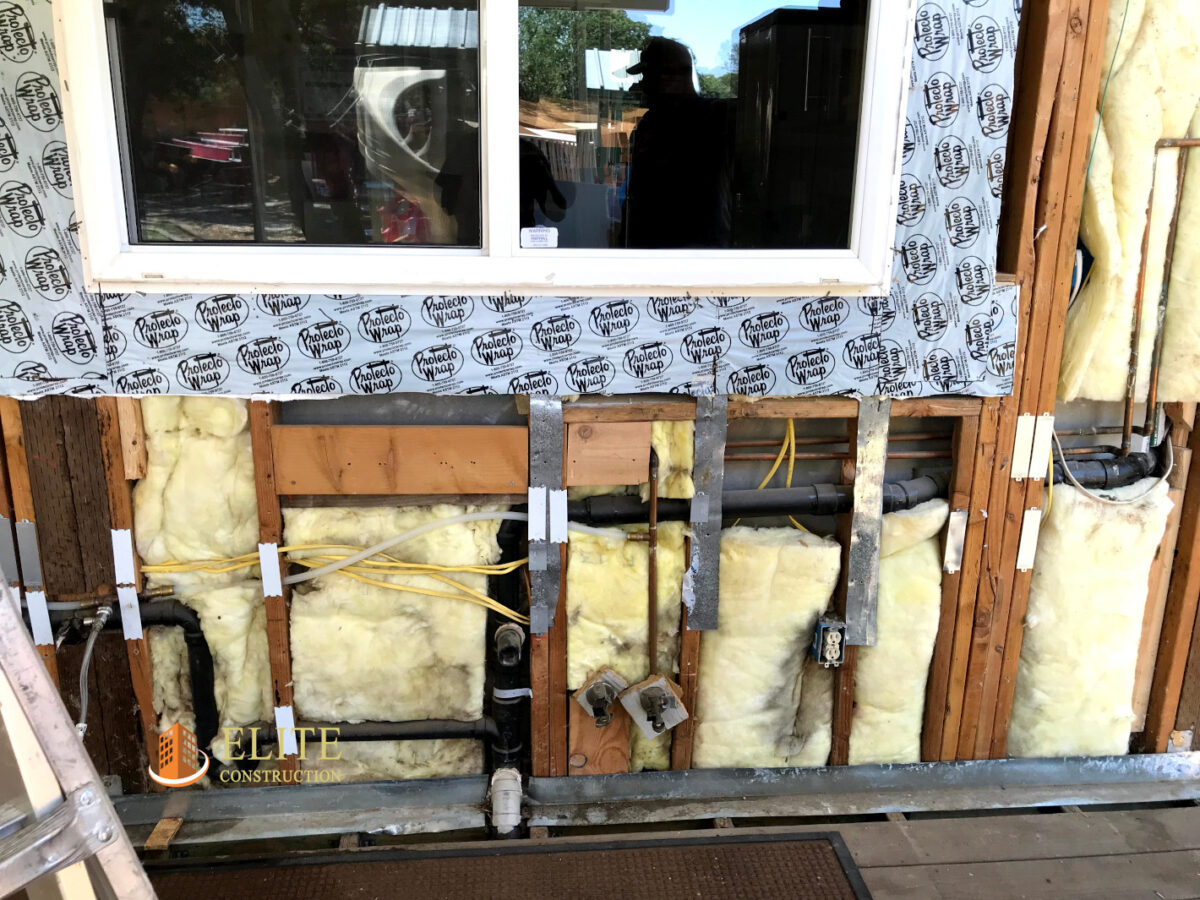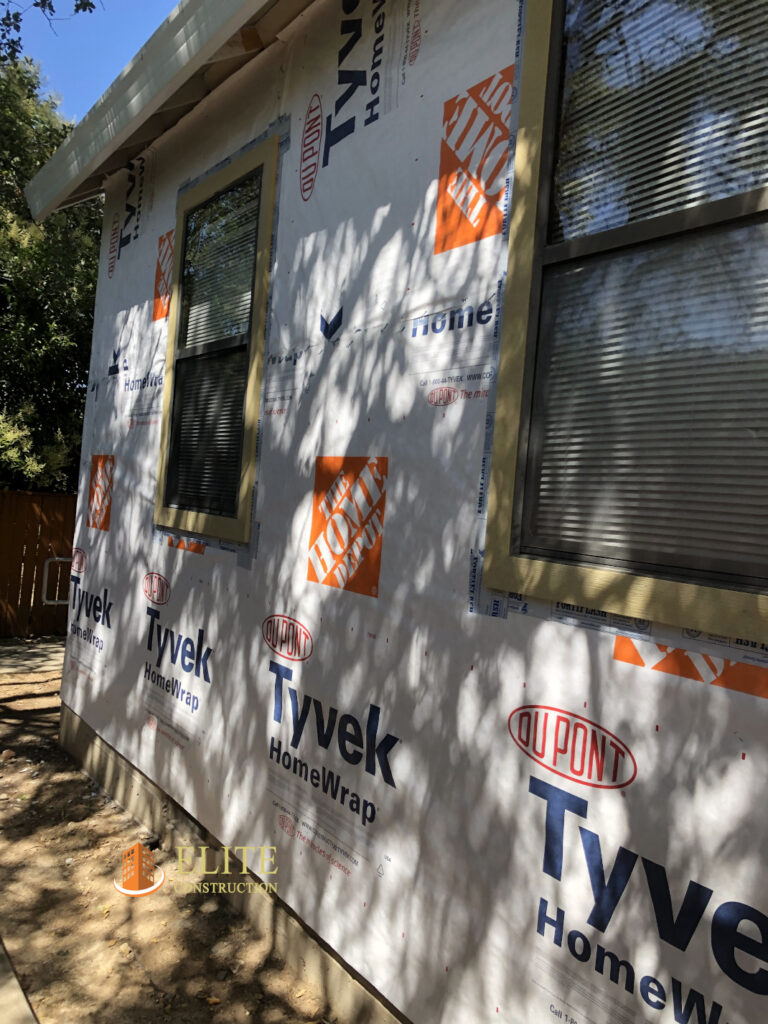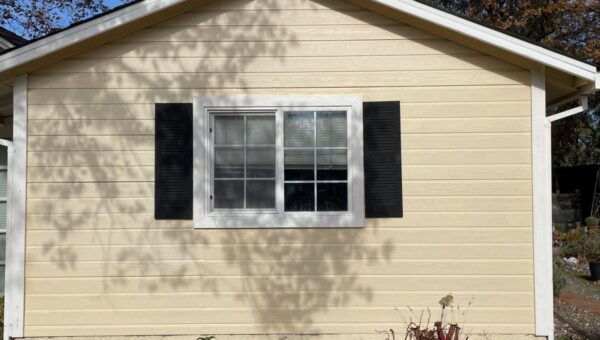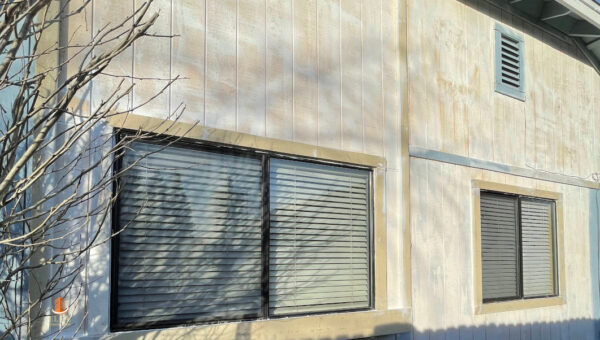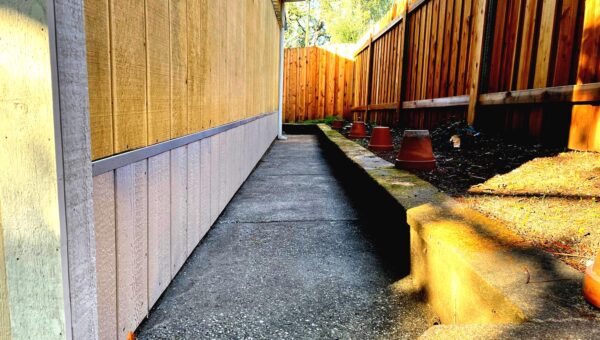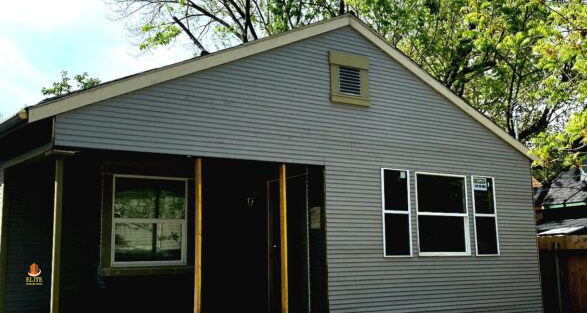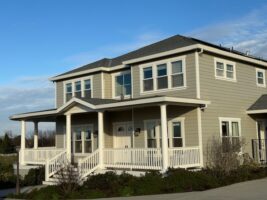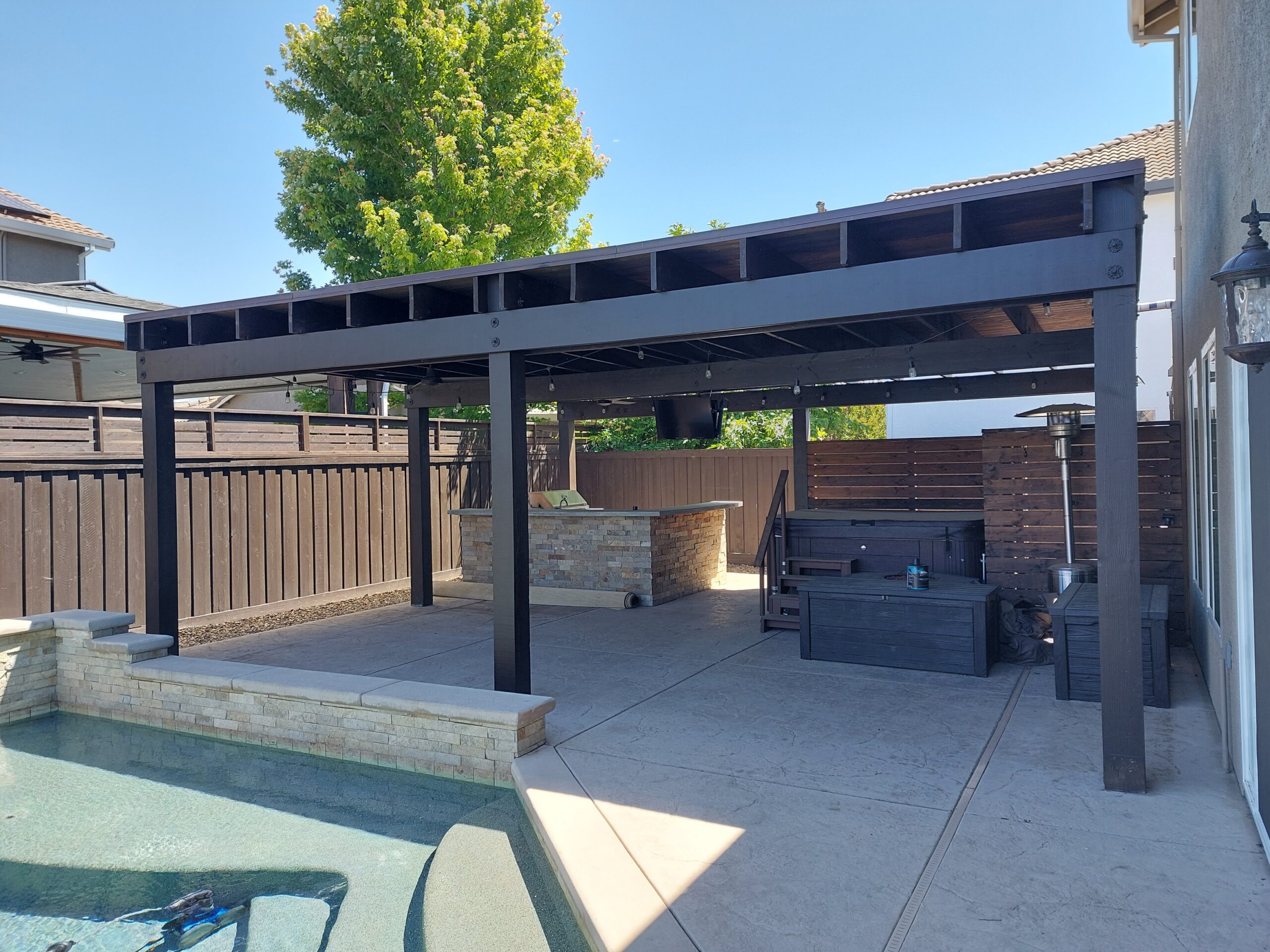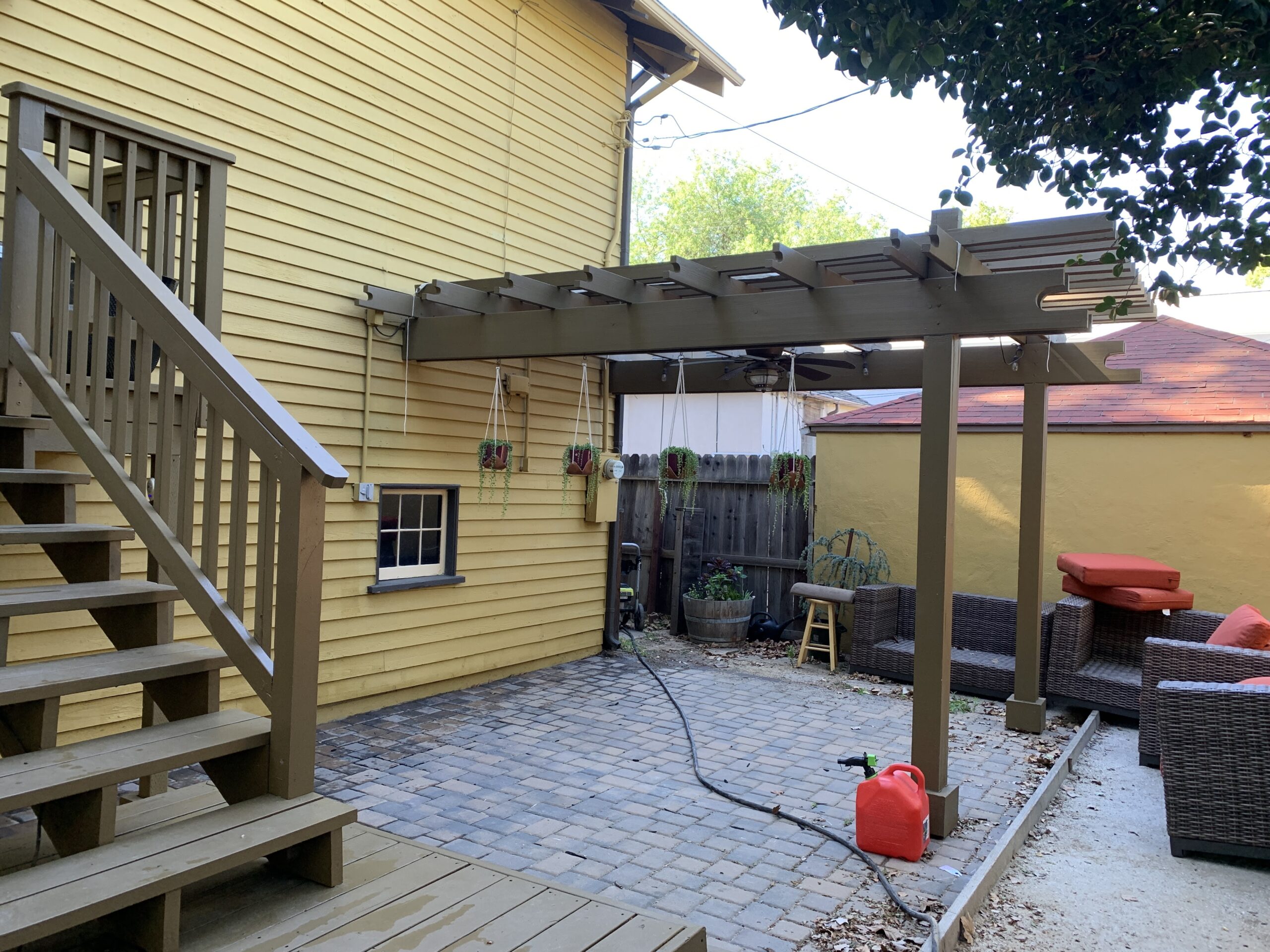Insulation is the most effective way to improve the energy efficiency of a home. Insulation of the building envelope helps keep heat in during the winter but keeps heat out during summer to improve comfort and save energy. Insulating a home can save 45–55% of heating and cooling energy.
Insulation acts as a barrier to heat flow. It can make your home more comfortable by reducing the amount of heat escaping in winter and reducing the amount of heat entering in summer. By insulating you can significantly reduce your heating and cooling bills and help to reduce greenhouse gas emissions. The higher the R-value of insulation the more it slows heat flow and the better it works.
R-value determines the effectiveness of the insulation.
Benefits of insulation:
- It reduces the cost of heating and cooling by over 40%;
- it pays for itself in around five to six years;
- Due to less use of energy to heat or cool it saves non-renewable resources and reduces greenhouse gas emissions;
- In most cases eliminates condensation on walls and ceilings
- Most thermal insulation materials have acoustic insulation properties
Although ceilings and walls may be insulated, heat loss will still occur in winter if there are large areas of unprotected glass or through fixed wall vents and gaps and cracks around external doors.
Therefore to effectively insulate a house you need to carry out the following:
- Ceiling insulation
- Wall Insulation
- Underfloor insulation
- Draught sealing (sealing all the gaps around doors and windows)
- Double Glazing
Reflective insulation
Works by a combination of reflecting heat away from its polished metallic surface and/or by reducing the radiant heat being emitted from the surface. To be fully effective there needs to be an air gap of 25mm beside the reflective side of the insulation. Because reflective insulation works by reflecting radiant energy, it is more effective at higher temperatures and generally has a higher rating for summer R-values than for winter values. A layer of foil under roof tiles provides R0.0.23 in winter and R0.9 for summer.


